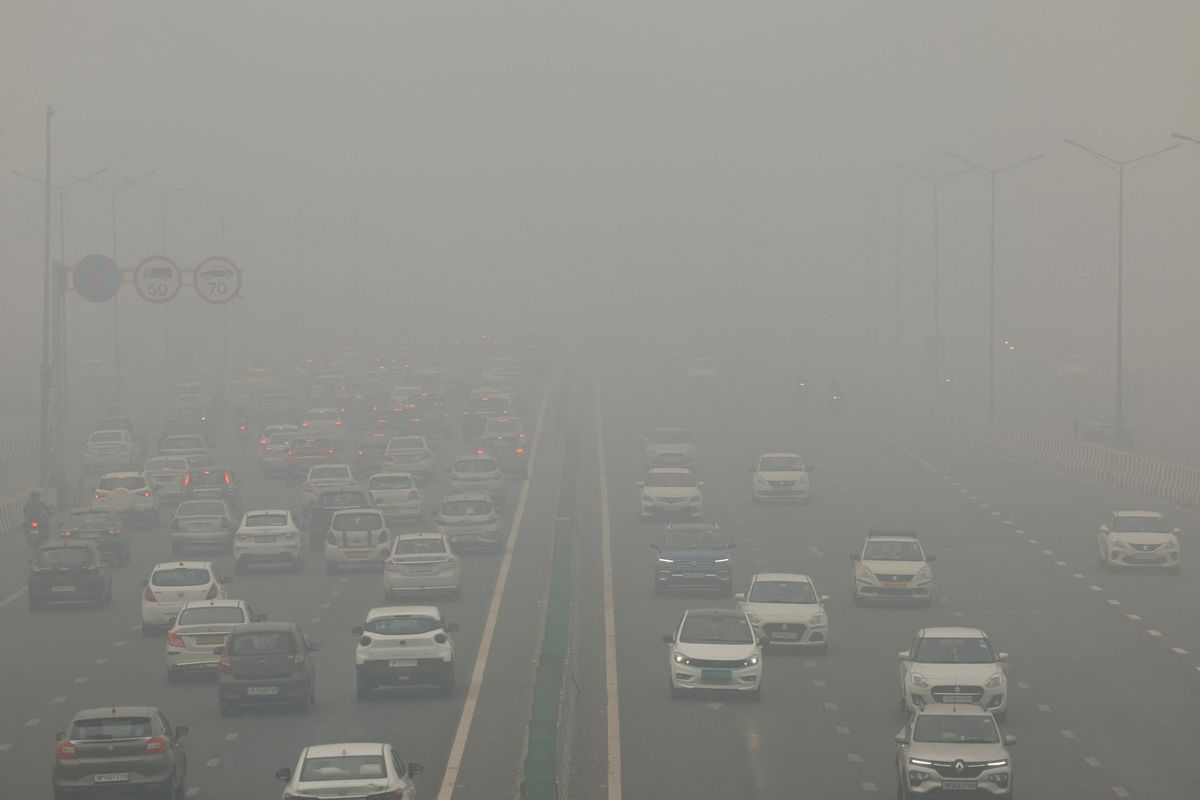Air pollution fuels lung cancer among non-smokers: study
As smoking rates decline, lung cancer in non-smokers is rising—air pollution may be a key factor, researchers warn
AFP
News Agency Partner
AFP is a renowned international news agency, delivering comprehensive and reliable reporting on global events, trends, and issues.

Air pollution is fueling a rise in lung cancer among non-smokers, with women and people in Southeast Asia particularly affected, according to a study published Tuesday in The Lancet Respiratory Medicine.
The research, released on World Cancer Day, highlights the growing burden of adenocarcinoma, a subtype of lung cancer that has become the predominant form among women in 185 countries.
Lung cancer remains the most common cancer worldwide, with 2.5 million diagnoses in 2022, the study found. While men accounted for most cases, nearly one million women were diagnosed, a growing proportion of the total.
“Air pollution can be considered an important factor that partly explains the emerging predominance of adenocarcinoma, which accounts for 53–70% of lung cancer cases in non-smokers worldwide,” the study said.
Adenocarcinoma rates increased among both men and women between 2020 and 2022, with women being the most affected, making up six in 10 cases.
As smoking prevalence declines globally, the proportion of lung cancer cases in non-smokers has risen, the researchers noted.
"Lung cancer in people who have never smoked is estimated to be the fifth leading cause of cancer-related deaths worldwide," the study said, noting that it occurs "almost exclusively as adenocarcinoma and most commonly in women and Asian populations."
East Asia among worst affected
Using data from the World Health Organization and other monitoring sources, the study identified East Asia—particularly China—as a hotspot for adenocarcinoma linked to air pollution.
The findings suggest that exposure to solid fuel burning for heating and cooking could be a significant factor in Chinese women developing lung cancer despite never smoking.
The research adds to growing evidence that air pollution poses a serious health risk beyond respiratory diseases, underscoring the urgent need for clean air initiatives and pollution control policies worldwide.










Comments
See what people are discussing